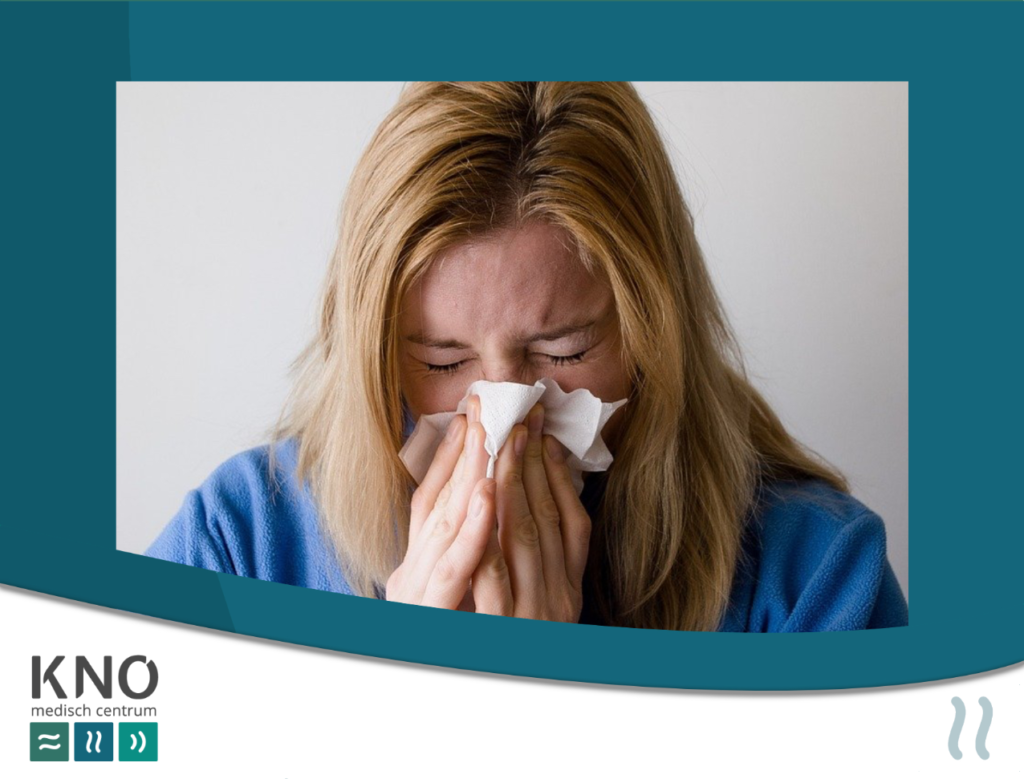mucus in the nose
what is mucus in the nose?
explanation
Mucus in the nose is actually a normal phenomenon as it is a protective layer that protects the nasal mucous membranes against bacteria and viruses. However, it can become annoying if there is too much mucus in the nose, leading to sniffling.
The inside of the nose consists of sensitive tissue. The slightest influences from the inhaled air, viruses, but especially irritation by picking can already lead to damage to the mucous membrane and blood vessels, resulting in too much slime in the nose. Sometimes the excess mucus formation in the nose is drained to the back of the nose, then drips into the back of the throat. This then leads to the feeling of mucus in the throat (post nasal drip) or globus.

what causes a runny nose?
cause
Infection
A common cause of a runny nose is inflammation. Think of a cold that is caused by viruses, that can lead to irritation and then a runny nose.
Allergy
Nasal mucus is additionally produced by the mucous membranes when allergens enter the nose via the inhaled air and irritate the mucous membranes. This leads to scratching and rubbing, which in turn leads to mucosal damage and mucus building-up in the nose.
Hoarseness due to irritants
The mucous membranes in the nose can be irritated by smoking or prolonged exposure to irritating fumes. Very spicy food can also lead to a hefty runny nose due to an excessive production of watery slime in the nose.
wrong breathing habits
If people are inclined to breathe through the mouth (habitual open mouth behavior), the nose is not given the opportunity to expel the standard production of mucus through the cilia in the mucous membranes, guided by inhaling through the nose. As a result, the amount of mucus accumulates in the nose and tends to give rise to sniffling.
What to do about mucus formation in the nose?
solution
Usually the excess slime formation in the nose can be treated well. Of course, the most obvious treatment is to stop the side effects of the drugs or conditions that damage the nose; so stop picking, smoking and using anything that can damage the lining of the nose. A simple way to reduce this feeling of too much mucus formation in the nose is to rinse with a salt water solution (NaCl solution). If this does not improve, it may be wise to consult a doctor. If the mucus forms in the nose due to incorrect breathing, a consultation with the speech therapist can be considered.
Which medicine helps against mucus in the nose?
medicine
A simple way to reduce this feeling of too much nasal mucus is to rinse with a salt water solution (NaCl solution).
In addition, it is possible to inhibit mucus production in the nose with the help of an anti-inflammatory or anti-allergic nasal spray.
What possible conditions can cause mucus in the nose?
disorders
When to contact us?
contact
Contact the ENT doctor if the complaints of a persistent runny nose do not respond well to advice from the GP. Doing something about mucus production in the nose in time can often prevent other respiratory problems from developing.
